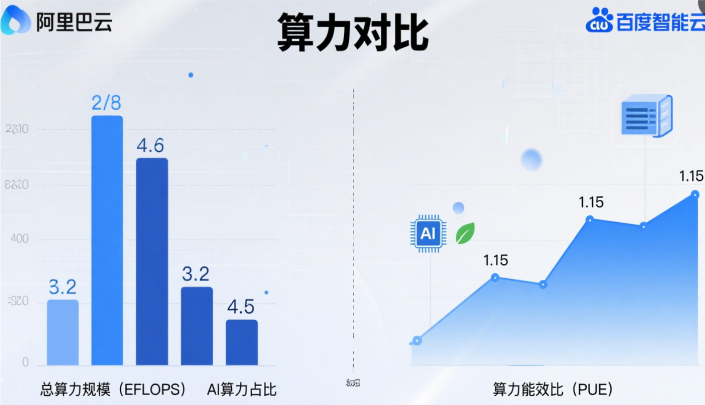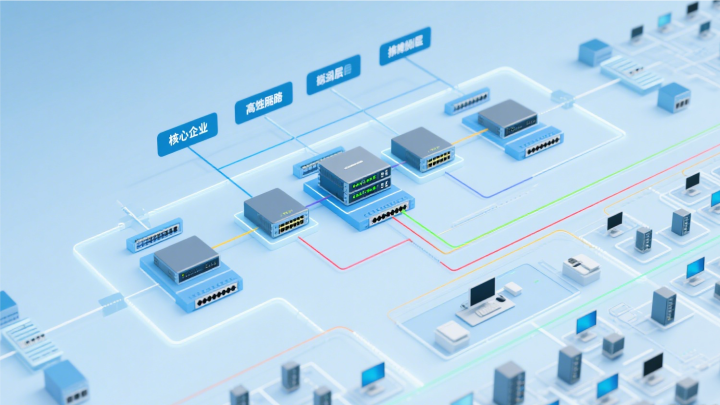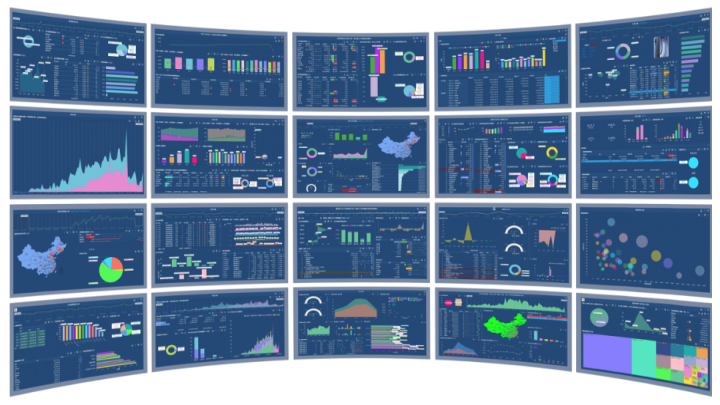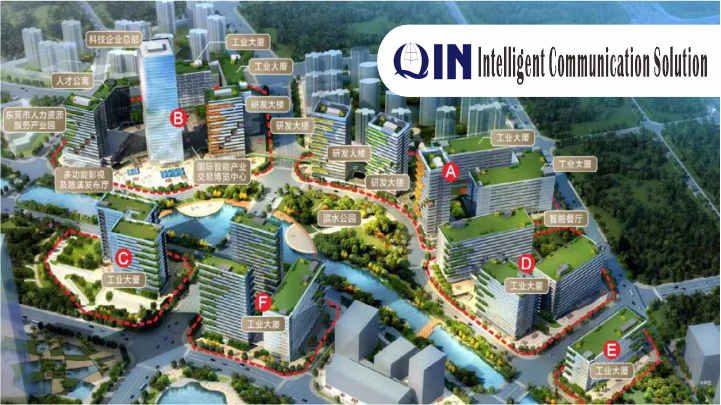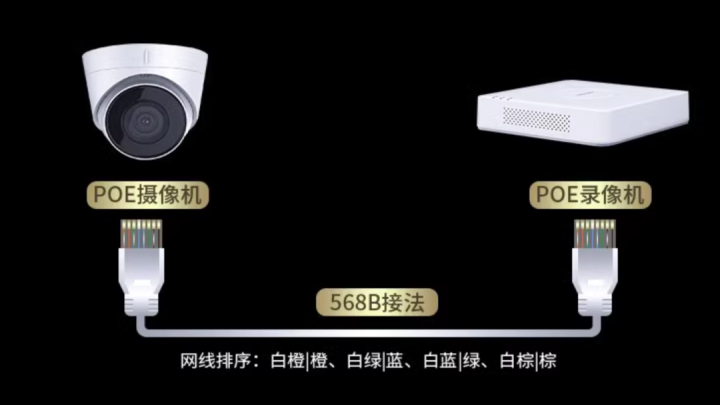Internet data centers are the nerve center of the digital economy
As the "nerve center" of the digital economy, Internet Data Centers (IDCs) play a pivotal role in shaping technological evolution and infrastructure deployment. Their development not only shapes user experiences but also addresses critical global challenges like data security and sustainable energy systems. Evolving from traditional physical server rooms to integrated cloud-edge-end smart infrastructures, IDCs are transitioning from mere "data storage hubs" to strategic "computing power centers" and "green energy nodes," serving as vital enablers for the efficient operation of our digital society.

The Internet data center built by Alibaba in Guizhou province is an important part of its global strategic layout and one of the key projects to promote the development of big data industry in Guizhou Province. The following is a detailed description of the construction of this data center:
Geographical Context and Location: Leveraging its unique natural advantages (cool climate, stable geology), abundant hydropower resources, and policy support, Guizhou has become a core hub for China's big data industry. Alibaba's Guizhou Data Center is located in **Gui 'an New Area**, a national-level development zone that hosts data centers from tech giants like Apple, Tencent, and Huawei, forming 14 ultra-large data center clusters within a 4-kilometer radius. The area's climate and power infrastructure advantages (high proportion of hydropower) ensure efficient and eco-friendly operations for these data centers.
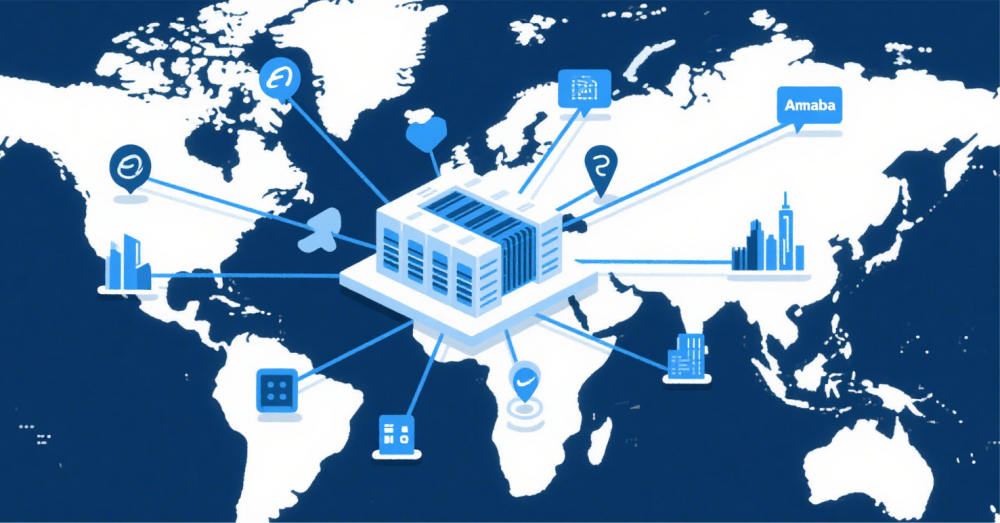
Construction Timeline and Scale- **Initiation Date**: In 2021, Alibaba Cloud officially launched the construction of its data center in Guian New Area, Guizhou Province. - **Overall Planning**: As part of the Guian New Area data center cluster, this project serves as a crucial computing power hub for Alibaba in Southwest China. By August 2024, Guian New Area had cumulatively introduced 21 data centers with server capacity reaching 1.37 million units, and is projected to reach 4 million units by 2025. Although Alibaba has not disclosed the exact scale of its data centers, as a core participant, the number of servers is estimated to be in the hundreds of thousands.

Technical Features and Green Practices 1. **Immersion Liquid Cooling Technology**: Alibaba Cloud collaborated with Intel to develop a **single-phase immersion liquid cooling solution** that directly cools servers using insulated coolant, eliminating the need for traditional air conditioning systems. This technology reduces the Power Usage Effectiveness (PUE) of data centers to **1.09**, achieving a 34.6% decrease compared to conventional air-cooling solutions. It also boosts single-cabinet power consumption to over 100 kilowatts while cutting equipment failure rates by 50%. Deployed on multiple Alibaba Cloud data centers, this technology has become an industry benchmark. 2. **Green Energy Applications**: Guizhou's abundant hydropower resources (accounting for over 90% of electricity supply) provide stable clean energy for data centers. By sourcing green electricity and optimizing energy management, Alibaba Cloud achieves low-carbon operations that align with China's "dual carbon" goals. 3. **Reliability and Security**: Data centers employ multi-level backup and redundancy designs to ensure high availability. Additionally, physical security measures, network encryption, and disaster recovery mechanisms safeguard user data privacy and business continuity.

Strategic Significance and Collaborative Models 1. **Supporting Local Digital Transformation**: Since 2014, Alibaba Cloud has collaborated closely with the Guizhou Provincial Government to develop the "Cloud-Guizhou" system platform. The company provides cloud computing support for 612 government service systems, driving digital upgrades in sectors including governance, transportation, and healthcare. For instance, the Guizhou Public Security Traffic Police Cloud Platform utilizes Alibaba Cloud technology to enable intelligent traffic data analysis, while the "Block Data Center Cloud Platform Project" enhances real-time response capabilities within public security systems. 2. **Talent Development and Industrial Synergy**: Alibaba partnered with Guizhou Institute of Technology to establish a Big Data College, aiming to cultivate 10,000 technical professionals within five years. Through cloud platform labs and industry collaborations, the initiative accelerates technological implementation. Additionally, data center construction has spurred industrial chain development in surrounding areas, attracting 563 big data-related enterprises to Gui'an New Area, creating a cluster effect. 3. **National Strategy Alignment**: As a pivotal component of the "East Data West Computing" project, this initiative optimizes national computing resource allocation by relocating eastern data storage and processing tasks to western regions, thereby reducing operational costs for businesses.

Impact on Local Economy- **Job Creation**: The construction and operation of data centers have directly created thousands of technical positions, while driving employment growth in supporting industries such as power supply, telecommunications, and logistics. Graduates from digital economy-related majors at Guizhou universities achieve an employment rate exceeding 90%, with 60% choosing to develop their careers within the province, forming a virtuous cycle with the talent demand in the big data industry. - **Infrastructure Upgrade**: To support data center clusters, Guizhou has accelerated the development of power, transportation, and network infrastructure. For instance, the completion of projects like Guiyang Outer Ring Expressway has significantly enhanced regional logistics and data transmission efficiency.
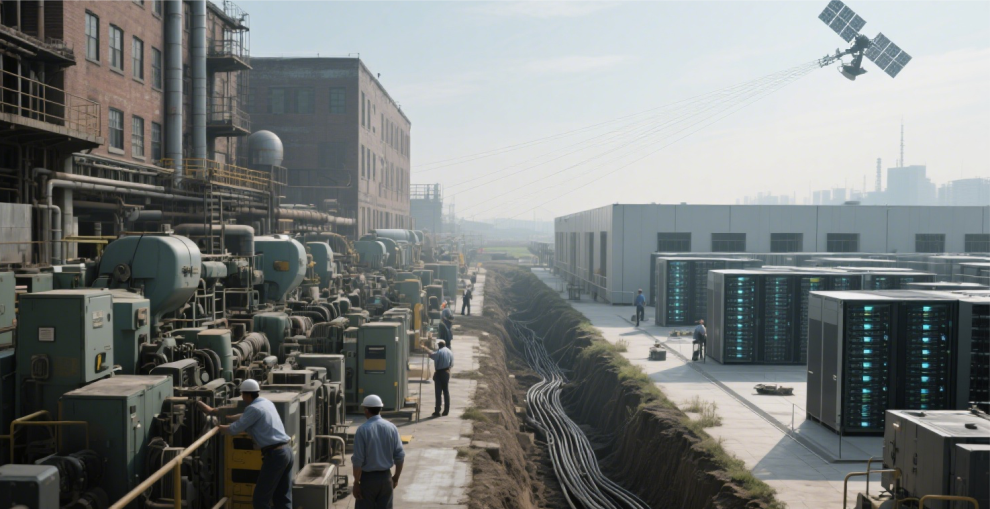
Recent Developments and Future Vision By 2025, Alibaba Cloud will continue to increase its investment in Guizhou Province. The company plans to raise funds through convertible bond issuance for expanding liquid-cooled data centers and upgrading computing power, with the goal of adding 500P computing capacity to meet the demands of large model training. Moving forward, the Guizhou data center will further integrate AI and edge computing technologies, helping the province build itself into a "Data Capital" and becoming a key node in Alibaba's global cloud service network.
-
fibre-optical
Jul 22, 2025
-
Classified by control technology
Jul 22, 2025
-
Aliyun VS Baidu Cloud
Jul 19, 2025
-
Smart factory network cabling
Jul 19, 2025
-
Full analysis of wiring test tools
Jul 19, 2025
-
Enterprise network cabling
Jul 19, 2025
-
Can you do smart control without the Internet
Jul 19, 2025
-
Principle of whole house intelligent control
Jul 18, 2025
-
Specifications and functions of light modules
Jul 18, 2025
-
Fiber optic engineering
Jul 18, 2025
-
Common classifications and their specific types:
Jul 18, 2025
-
Parking fee system
Jul 14, 2025
-
Video face recognition big data system
Jul 14, 2025
-
Starlink is a low-orbit satellite launched by SpaceX
Jul 14, 2025
-
5G base station project
Jul 14, 2025
-
5G and Starlink overview
Jul 14, 2025
-
Internet Data Center (IDC)
Jul 11, 2025
-
Enterprise LAN solutions
Jul 10, 2025
-
Video transmission theory
Jul 10, 2025
-
Patented technology and marked RJ45 crystal head
Jul 10, 2025
-
Advantages and disadvantages of intelligent control
Nov 30, 2024
-
Video Streaming Data Center
Nov 30, 2024
-
Computer Centre
Nov 30, 2024


